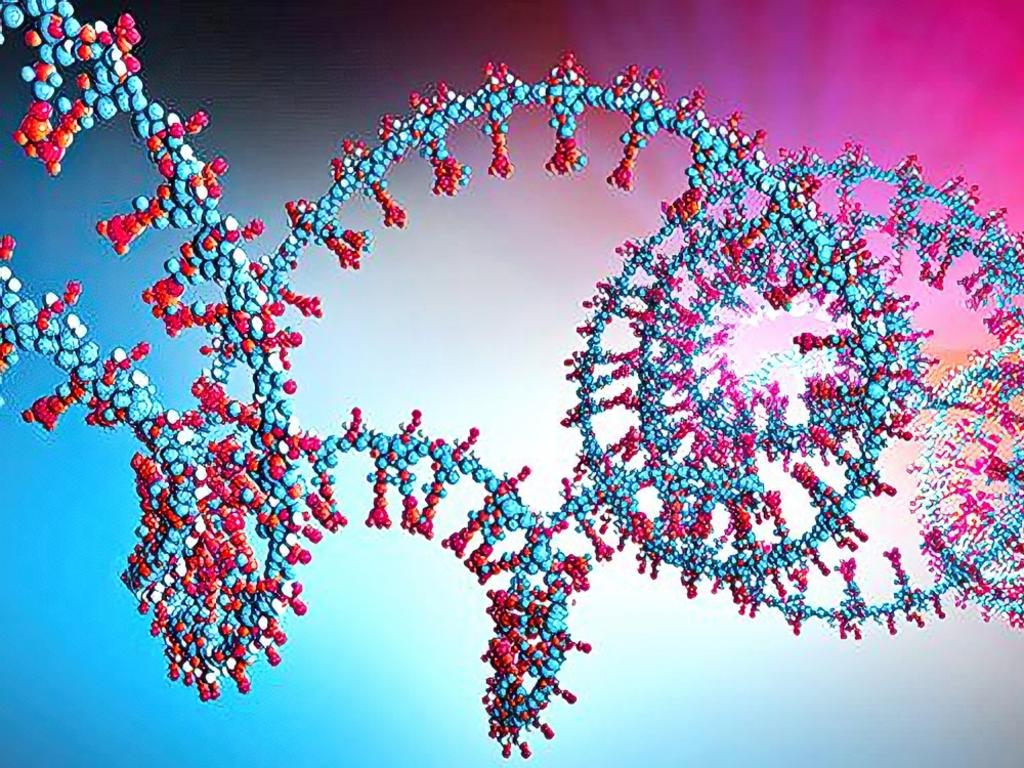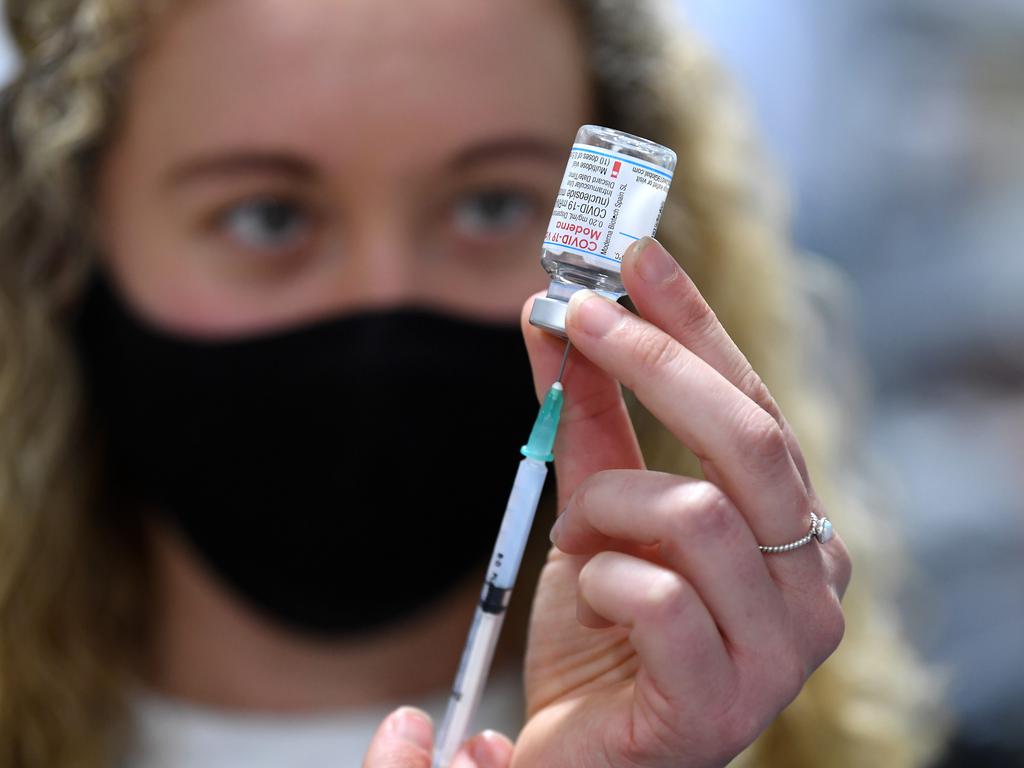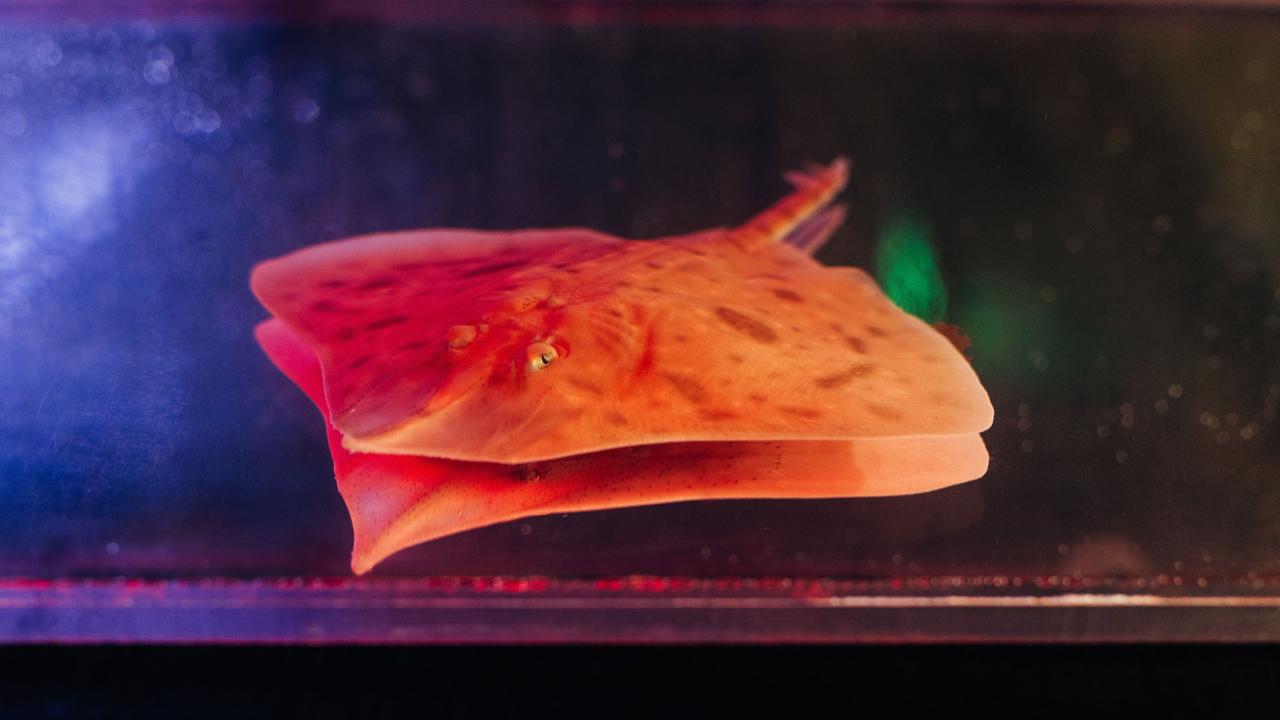‘Junk’ DNA the key to beating breast, prostate cancer
Future scientists could use ‘universal treatments’ for fighting cancer thanks to a recent study of ‘junk’ DNA.

So-called “junk” DNA has proven key to future cancer treatments, with new analysis finding the common weakness across 12 varieties, such as breast and prostate cancer.
Non-coding DNA makes up 98 per cent of the genome, but does not carry instructions for making protein. For much of scientific history it was considered useless, but Australian research has discovered its role in structuring the genome and working with an “architect” protein.
A new study from Sydney’s Garvan Institute of Medical Research showed how binding sites, in non-coding DNA responsible for anchoring long strands of DNA together, were linked to a variety of cancers.
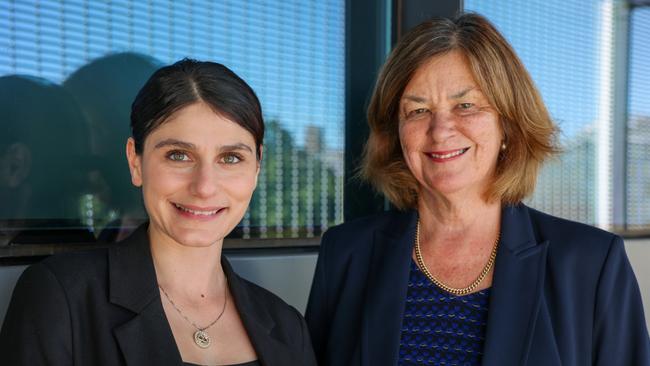
It marks a critical step in understanding how different tumours can develop through the body, charting regions of our biology overlooked in past analysis.
The research, published in the journal Nucleic Acids Research, was headed by Garvan researchers Amanda Khoury and Susan Clark. Dr Khoury said the study findings were a major step towards a one-size-fits-all approach to battling cancer. It is one of the biggest innovations to come out of the mapping of the 3D genome.
“Our research has found mutations in these DNA regions that could open an entirely new, universal approach to cancer treatment,” Dr Khoury said.
“The 3D genome is in all cells, and therefore it could be a universal aspect that can be applied across disease types.”
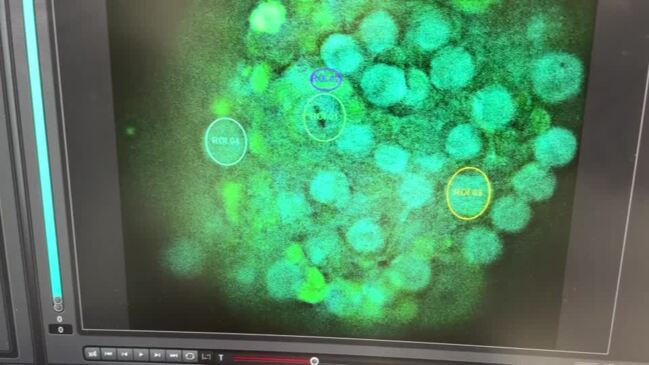
By isolating these cancers to specific binding sites, the researchers hope they can find treatments that work across the various types of tumours, instead of having to find individual solutions.
The 12 cancers surveyed all disrupted the body’s CTCF protein, which were discovered using a specially designed AI program on 3000 tumour samples.
“CTCF is the architect of the cell,” Dr Khoury said. “I study cancer, but potentially this is something that could be involved in neurological disease or immune disease too.”
The next period of research will use CRISPR gene editing to determine how different mutations at these binding sites affect and promote the growth of cancer.
“Finding these clues that were hidden in a vast amount of data is a powerful example of how artificial intelligence is boosting medical research,” Prof Clark said.
“This is a whole new frontier in the study of cancer, and we’re excited to explore it further.
“Most new cancer treatments have to be carefully targeted to specific mutations … we’re opening up the possibility of developing approaches that could be effective for multiple cancers.”



